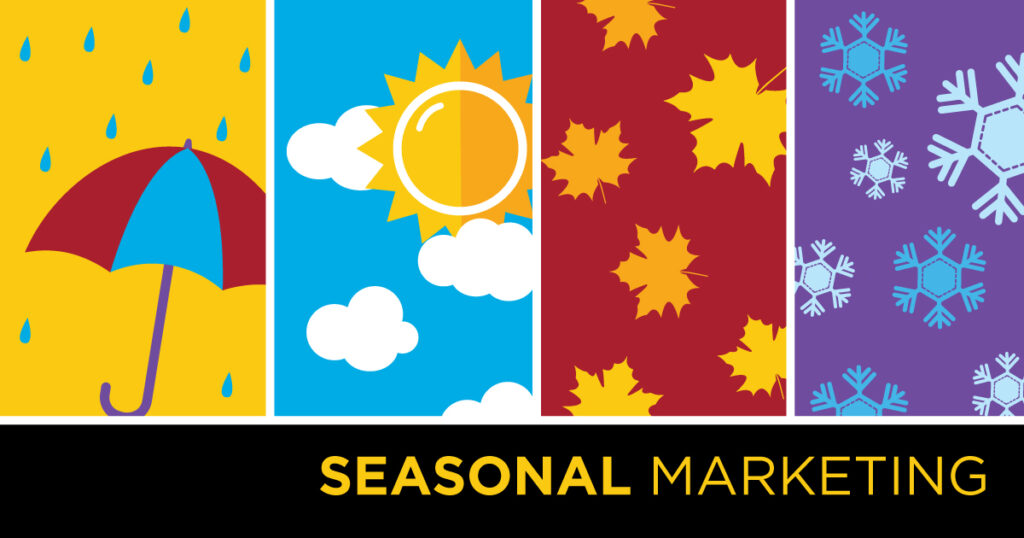Seasonal events like Black Friday, Christmas, Easter, and Mother’s Day are more than just dates on a calendar—they’re opportunities to engage with customers, increase brand visibility, and drive sales.
However, with numerous businesses competing for attention during these busy periods, success requires more than generic discounts or themed window displays. A thoughtful, tailored marketing strategy can help your business stand out and capitalise on these opportunities.
Plan Ahead & Map the Calendar
The most effective seasonal campaigns don’t happen at the last minute. Black Friday, for example, always falls in late November, while Christmas and Easter are firmly fixed in most people’s minds. Creating a marketing calendar well in advance allows you to prepare creative assets, secure stock, set up promotions, and schedule campaigns across your channels. Planning ahead also reduces stress and ensures consistency, so you’re not scrambling to keep up once the season hits.
Understand Your Audience’s Needs
Different events bring different customer expectations. Black Friday shoppers are often deal-driven, looking for deep discounts on larger purchases. Christmas, by contrast, is about thoughtful gifts, festive bundles, and family-centred messaging. Tailoring your offers to reflect these differences helps you connect more meaningfully with your audience. For example, a café could offer Christmas gift hampers in December but focus on loyalty rewards or discounts during New Year sales.
Keep Branding Consistent
It’s tempting to go all-in with festive themes, but your seasonal campaigns should still feel like they belong to your brand. Use event colours or symbols sparingly and combine them with your existing brand style so your business remains recognisable. Consistency across emails, social media, website banners, and in-store displays builds trust and reinforces your identity while tapping into seasonal excitement.
Create A Sense Of Urgency
One of the most effective tools during event marketing is urgency. Black Friday, for example, thrives on flash sales, limited-time offers, and countdowns. Similarly, promoting “last shipping dates before Christmas” can prompt customers to buy sooner. Just make sure urgency feels genuine—overuse or false scarcity can erode trust.
Leverage Digital Marketing Tools
Online channels are powerful during seasonal campaigns. Social media platforms let you share engaging content, showcase promotions, and reach a broad audience with paid ads. Email marketing remains a standout tool for communicating tailored offers, early-bird specials, or exclusive discounts. For best results, segment your email lists so loyal customers receive rewards while new customers see introductory deals. Retargeting ads can also remind visitors about items they’ve browsed but not yet purchased.
Enhance The Customer Experience
Great marketing isn’t just about the promotion—it’s about what happens after the sale. During busy periods like Christmas, offering options such as gift wrapping, extended return windows, or clear delivery timelines can set your business apart. If customers trust that you’ll deliver on your promises, they’re more likely to buy from you now and return in the future.
Review & Learn
Once the season ends, take time to analyse the results.
Which promotions resonated most? Did certain channels perform better than others?
Gathering insights allows you to refine your approach for the next event, ensuring each campaign builds on the last.
Seasonal events naturally draw attention, but it’s the planning, creativity, and customer care behind your strategy that determines whether you simply add to the noise or truly stand out.
By preparing early, tailoring your offers, and focusing on the customer experience, you can turn busy seasonal periods into lasting opportunities for growth and loyalty.

